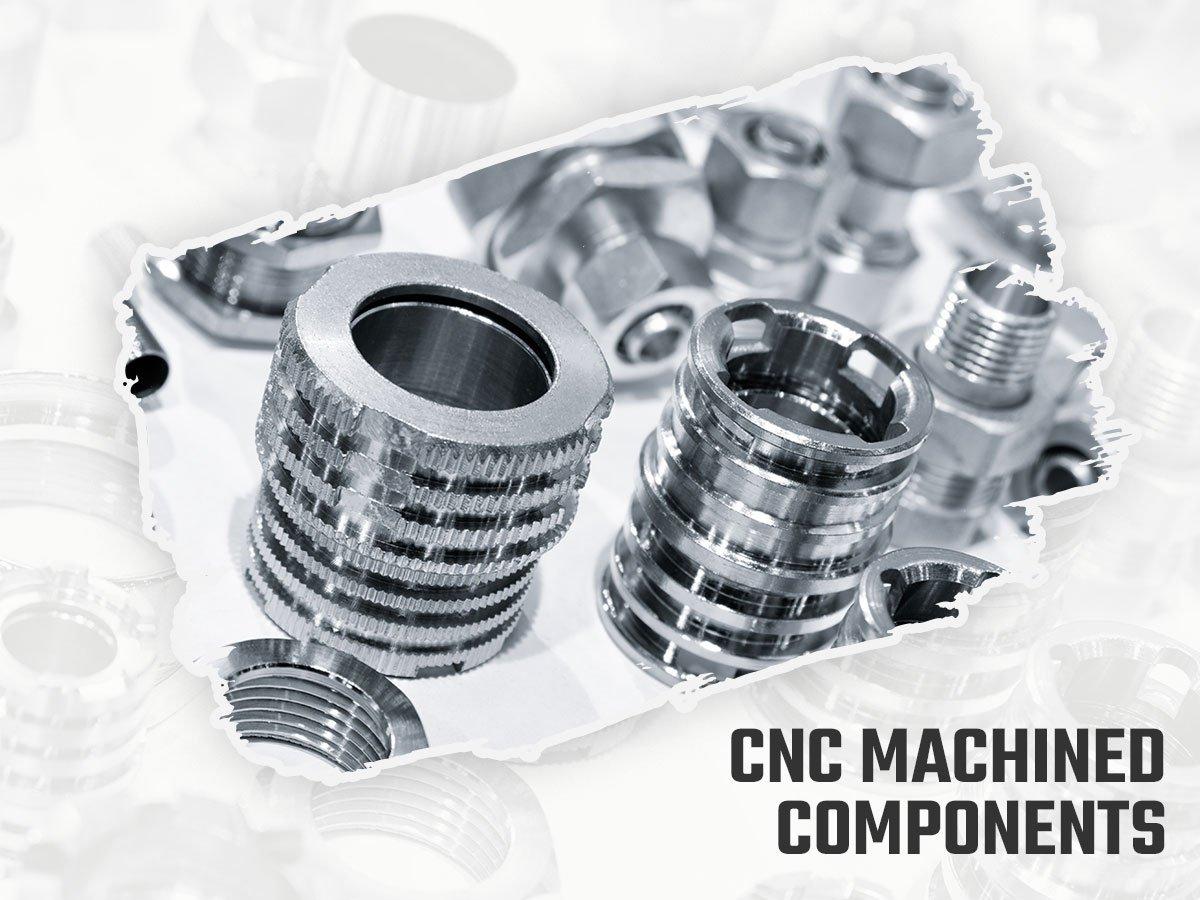
In the world of manufacturing, CNC machining has revolutionized the production of intricate and precise components. Computer Numerical Control (CNC) machines offer a high level of automation, accuracy, and repeatability, making them a preferred choice for numerous industries. Whether you are involved in aerospace, automotive, medical, or any other industry that requires complex parts, understanding the key considerations for manufacturing and selecting CNC machined components is crucial.
Design for Manufacturability (DFM)
Before initiating the manufacturing process, it is essential to focus on design for manufacturability. By optimizing the design of the component, you can enhance its manufacturability, reduce costs, and improve overall performance. Collaboration between design engineers and manufacturing experts is crucial to achieving the best possible design. Consider factors such as material selection, part complexity, tool access, tolerances, and surface finishes during the design phase.
Prototyping and Testing
Before proceeding with large-scale production, it is often beneficial to create prototypes for testing and validation purposes. Prototyping allows for the identification of design flaws or improvements before committing to full-scale manufacturing. Discuss prototyping options with your CNC machining supplier to ensure that the necessary iterations and adjustments can be made efficiently.
Supplier Selection
Choosing the right CNC machining supplier is critical for the success of your project. Evaluate the supplier’s experience, capabilities, and track record in manufacturing CNC machined components. Consider factors such as their equipment capabilities, quality control processes, lead times, and their ability to handle different materials and component complexities. Request samples or visit their facilities to assess the quality of their work firsthand.
Quality Control
Ensure that your chosen CNC machining supplier has a robust quality control process in place. Reliable manufacturers will have stringent inspection protocols to verify the dimensional accuracy, surface finish, and overall quality of the components. Inquire about their quality certifications, such as ISO 9001, to ensure they meet industry standards. A commitment to quality control ensures that you receive components that meet your specifications consistently.
Cost Considerations
While quality and performance are paramount, cost considerations cannot be ignored. Discuss pricing structures with your CNC machining supplier and seek transparency regarding material costs, machining time, tooling expenses, and any additional charges. Strike a balance between cost-effectiveness and the desired quality to ensure the best value for your investment.



